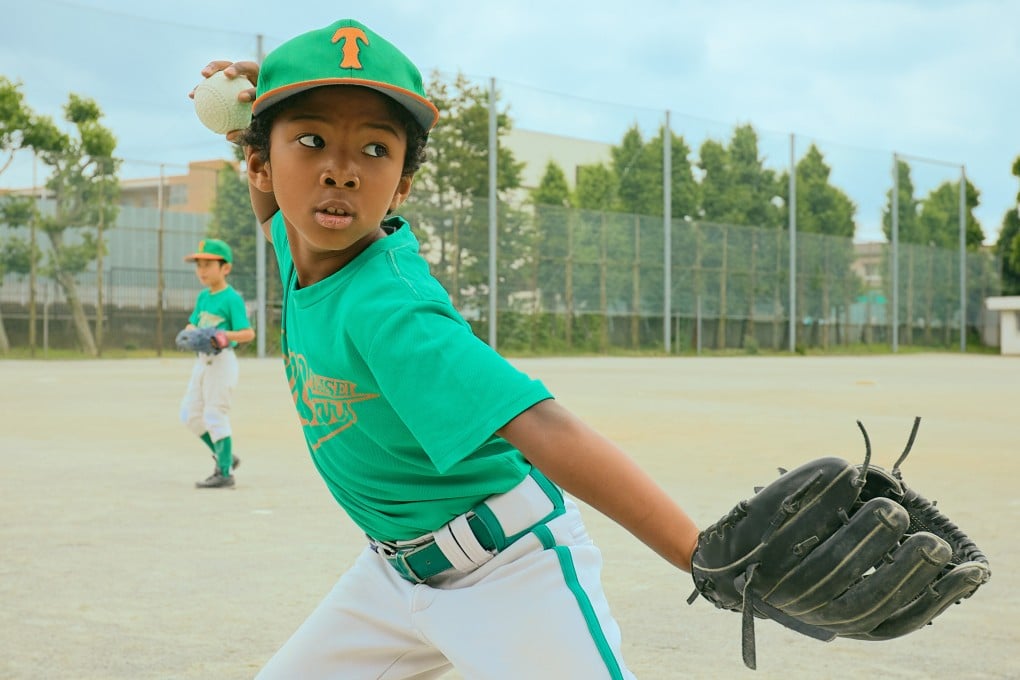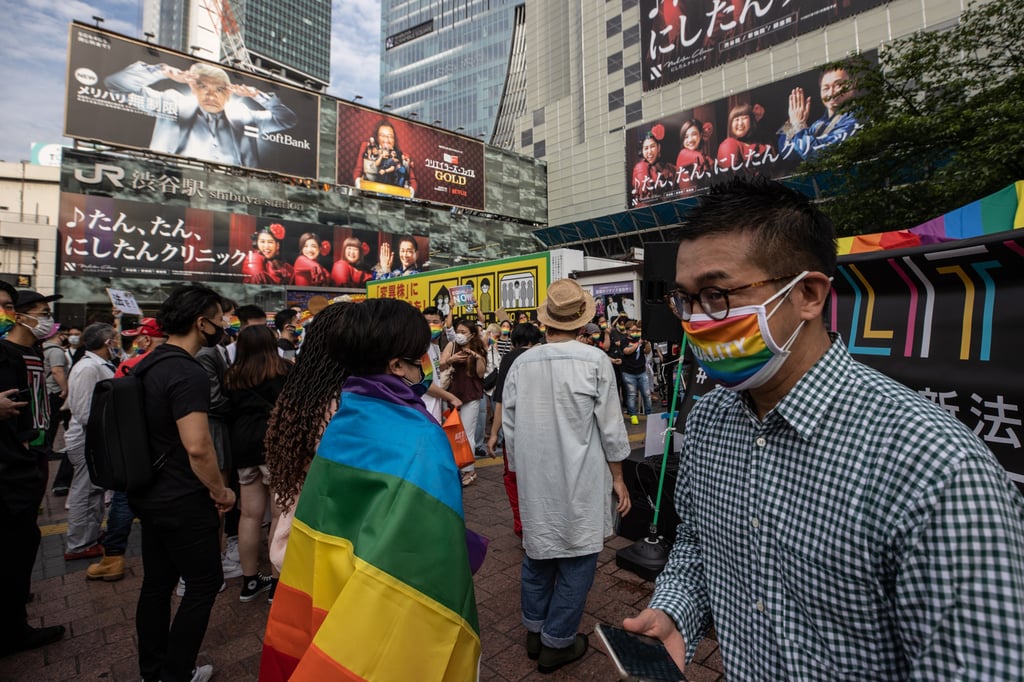Advertisement
Japan wakes up to microaggressions and unconscious bias directed at minorities, and senses it’s time to change
- People in Japan often direct microaggressions and unconscious bias at members of marginalised groups
- Although these seem like ‘small attacks’, they could lead to hate crimes, researchers say
Reading Time:3 minutes
Why you can trust SCMP
3

A couple are out shopping, but the store clerk addresses only the man. A person of Korean descent, born and raised in Japan, is complimented on their impeccable Japanese. Someone from the LGBT community is told by a friend, “You’re going through a phase – you’ll be cured one day”.
These are just some of the examples of microaggressions and unconscious bias that researcher Kayo Fujiwara recently listed to spread awareness of how they manifest in Japan.
Researchers say that microaggressions – usually unintentional or casual hurtful words or actions – made towards members of marginalised groups, including ethnic and sexual minorities and women, are commonplace.
Advertisement
In late March, Fujiwara, specially appointed at the University of Tokyo’s Centre for Barrier-Free Education, held an online seminar attended by clinical psychologists and human resource consultants to deepen their understanding of microaggressions.

Many participants found it eye-opening to learn that microaggressions had been behind the “uncertain feelings they’d had in the past but were unable to verbalise”, says Fujiwara.
Advertisement
Advertisement
Select Voice
Choose your listening speed
Get through articles 2x faster
1.25x
250 WPM
Slow
Average
Fast
1.25x